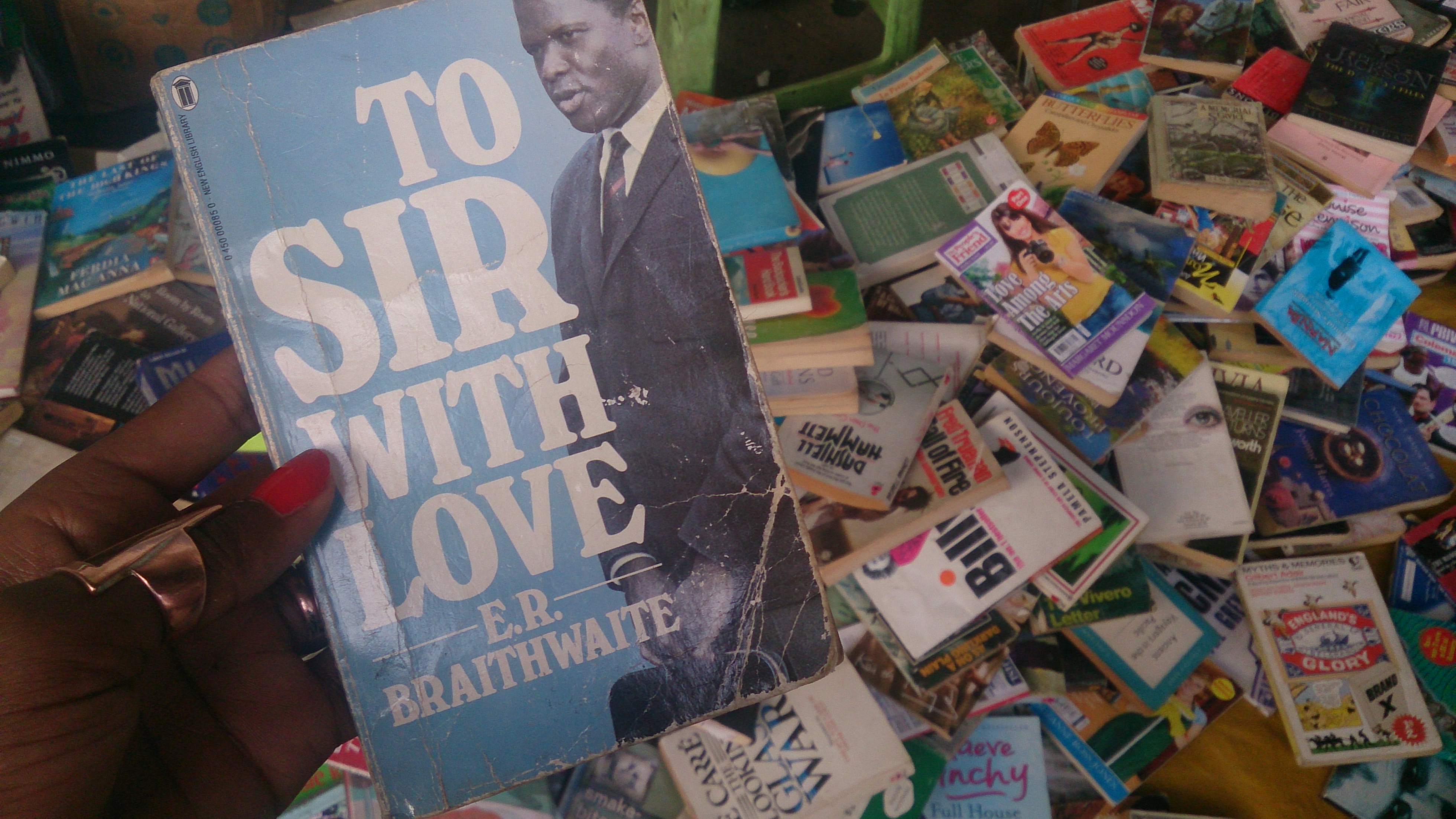READING TEACHERS
The Commentator says;
If you read teachers, I mean, not
the profession or system of teaching, but the individual human being who
performs the roles of the teacher, you'll find it very awkward and boring. They
are just as human as any other person sitting next to them in the local bus or
train. The game changes when they are brought within a classroom environment.
Like a piranha in a tropical lake, they suddenly attain an unprecedented
ferocity, both in their dealing with students as well as any other realm of
intellectual activity. Perhaps the only form understanding of cognitive
psychology is that which deals with students or in general, the learner. What
about the teacher? The commentator wonders if there exists a branch of
psychology that deals with the teacher and his mind.
Investigating the faculty hideouts,
places innocently termed as faculty rooms, one may locate the fact that many of
the ferocious piranhas in classrooms are actually silent guinea pigs. Like all
natural guinea pigs, the teachers too are subjected to experiments both by the
managements of their institution and by the bodies appointed by the
governments. The Commentator believes that interventions don't really change a
teacher. Only a teacher's inner calling is capable of reforming him in making
him the man of infinite wisdom.
 |
| Image Courtesy: www.melart.com |
The Commentator feels that
reading To Sir, With Love is a life-changing experience. This is so,
especially for teachers. After reading this book, the Commentator felt that
perhaps, this book has the capacity to amplify the inner-calling of teachers. A
real-life experience, a true story, told in an artistically relevant fashion,
in the form of a novel is thus a guide to those who are beginning as teachers.
Their minds will expand at the wisdom offered by To Sir, With Love. Also
they will see that some of the difficult classroom experiences are not unique
at all. Those touching experiences that make your skin crawl in a classrooms might
have happened several times to different teachers. What To Sir, With Love does
is to prove to the teacher that their experience is not isolated and therefore
not unsolvable. E R Braithwaite's classical classroom drama, this
autobiographical novel, proclaims through its content that as a teacher you are
not trapped either by your experiences or beliefs.
The Commentator has often felt
that perhaps, it's idealism that renders immobility to the persona of a
teacher. The teacher is robbed of flexibility of the state of being, sometimes,
thinking that any attempt at modifying one's strategies would somehow dismantle
the very identity of the teacher. Braithwaite, the protagonist of the novel To
Sir, With Love is an engineer originally, who goes to try a teaching job.
He has a reason that forces him to take up this new job at Greenslade School,
East London. His reason is very simple. It does not require elaborate
explanations: he couldn't find any other job because of his skin color. In a
society that treats all people with dark skins as subhumans and worst than
animals, Braithwaite is a question mark. He is well educated, able, and sharp.
Why wouldn't he land a good job apt for his high qualifications?
 |
| Image Courtesy: Google |
The impetus for Braithwaite to
succeed in Greenslade School is not idealism. It is also important to note how
demanding the principal of the school is. Mr. Florian, a man of principles,
offers one-on-one lecture to impress Braithwaite on the ideal upon which the
school runs, on his very first day itself. Braithwaite realizes on his first
day at Greenslade School that he has entered a demanding profession. Don’t you
agree that many of the young people, now, just like Braithwaite, enter teaching
profession as a last resort, when they fail to find another job? Nevertheless,
what Braithwaite does with his situation is quite a feat and a study aid to any
student of teaching.
The Commentator believes that
just like any other profession, teaching too demands a learner’s attitude from
the employee. Teachers must acquaint themselves with cutting edge knowledge of
the times in order to stay competent in their profession, a depressing lack of
which is seen mostly in Kerala. A dilemma exists: if teaching is just a job or
more than a job? The Commentator empathizes with the dilemma shared by many
young teachers. The answer is not with me, though. It’s out there for you to
find.
Read more on







Comments
best Article
click me
See More
Read More
Click Me
Thankyou
Read More
click here